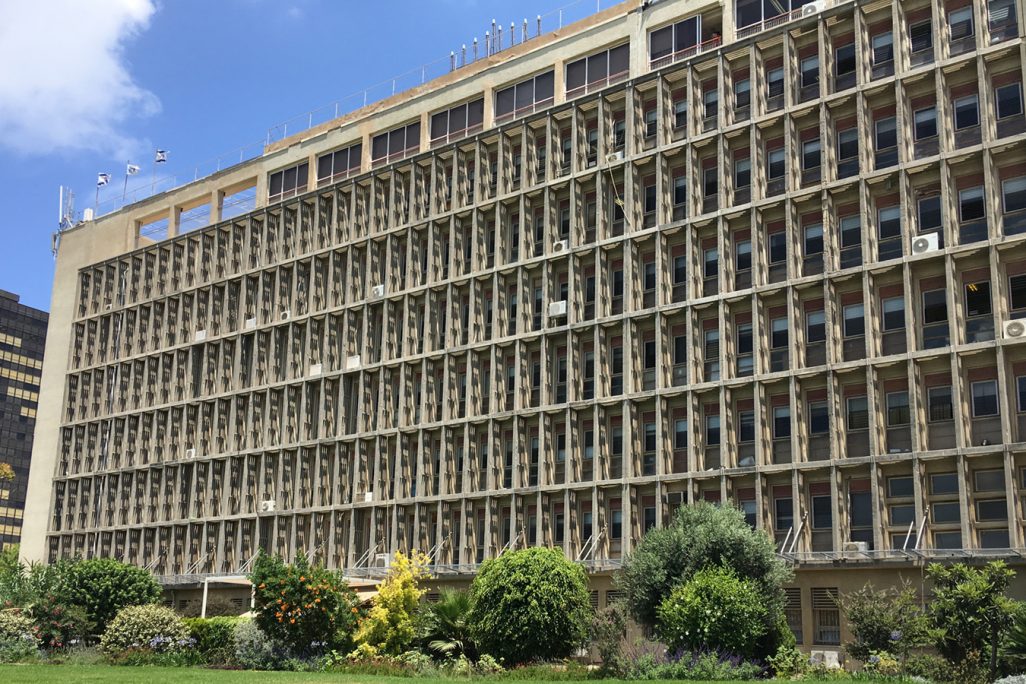
Last Thursday, Histadrut Chairman Arnon Bar-David and Finance Minister Bezalel Smotrich reached an initial agreement on the largest collective wage deal in Israel, encompassing all public sector employees.
The last agreement of this type was signed in 2016 and ended in 2019. Public sector employees are now expected to enjoy a series of benefits, including general wage increases of 11%, a one-time grant of 6,000 shekels ($1,635), a reduction of the work week from 42 to 40 hours, an additional half day of paid leave, and welfare benefits for retirees on the accumulated pension track.
Who does the agreement apply to?
The so-called “framework agreement” directly includes approximately 400,000 employees, including approximately 36,000 employees of government ministries and support units (excluding teachers in the education system), approximately 55,000 employees of the health system (excluding doctors), approximately 200,000 local government employees, and approximately 55,000 employees of government-owned companies, administrative employees of academic institutions, and employees of national institutions (such as the Jewish National Fund and the Jewish Agency).
Military employees, police, prison guards and members of the Shin Bet and the Mossad are not included in the framework agreement directly, but their wages are expected to be affected by it as well, following mechanisms for linking their wages to the wages of other public sector workers, which have been anchored in legislation over the years.
How long is the agreement for?
The agreement lasts until the end of 2027. During this period, salaries will increase in accordance with the agreed outline, and there will be no organizational measures concerning salary.
How big will the one-time grant be, and when is it expected to come in?
The agreement is expected to directly raise wages by approximately 11% during the period of the agreement, in addition to a one-time grant of 6,000 shekels ($1,635) that will be given to workers as part of their April salary.
The wage increases will be enacted in several waves, the first two of which will be implemented as a fixed shekel amount intended to reduce gaps between different public sector employees. The first increase of 400 shekels is expected to be included in salaries for June 2023, and the second increase of 100 shekels is expected to go into effect starting with October 2024 salaries.
Subsequent increases will be on the basis of a percentage of workers’ salaries:
- Starting in December 2024, employees will receive a salary increase of 2%.
- In April 2025, salaries will increase by 1.5%.
- In April 2026, salaries will increase by 1.5%.
- In April 2027, salaries will increase by 1%.
Is the shortening of the work week expected to affect salaries?
- As part of the agreement, the work week in the public sector will be shortened so that as of June 2023, a full-time position will be defined as a 41-hour work week, and as of January 2025 it will be defined as a 40-hour work week. The general work week in the Israeli economy today stands at 42 work hours.The shortening of the work week will not affect workers’ wages, meaning that the value of an hour of work for a full-time worker will increase. The wages of part-time workers will also increase because their part-time work, which is currently measured as a fraction of a 42-hour work week, will instead be measured as a fraction of a 41-hour work week and eventually a 40-hour work week.
-
Does the agreement apply retroactively?
- The agreement was signed for 2020-2027. Although it does not include a component that is explicitly defined as retroactive, the first two waves of the salary hike are relatively high, with a total average value of a 5% increase to workers' wages. This was done as partial compensation for the period that preceded the signing of the agreement, and accounted for price increases and wage erosion due to inflation. Additionally, the 6,000 shekel grant is intended to alleviate some of the pressure of the rapidly increasing cost of living.
-
Will all employees in the public sector receive the same benefits?
- In addition to the wage increases and grants that all employees in the public sector will receive, the agreement also sets aside an amount worth about 3% of the total salary of all public sector workers into specific funds known as 'boxes.' These boxes will allow for the signing of further agreements that will include, among other things, additional wage increases for specific, low-wage branches within the public sector in order to correct long standing wage deficiencies. The funds set aside in boxes will also be used to sign agreements for social workers, nurses, hospital workers, court workers and other populations.About 50,000 educational assistants employed by municipal governments were excluded from the framework agreement because they already signed a separate agreement which includes salary increases of about 20-30%.
-
What is the total cost of the agreement?
- In total, the agreement includes salary increases and additional benefits that come out to a total value of about 17-18% of the total salary of all public sector workers. The cost of the agreement was already accounted for in the state budget proposal for 2023-2024 that was passed by the government. In the budget, the total value of the one-time grant and 2023 salary increases was estimated at approximately 1.1 billion shekels ($300 million), with 2024 salary increases estimated to account for another 2 billion shekels ($540 million).
- This article was translated from Hebrew by Matt Levy.






